A new report from US government scientists reveals that the country is not doing enough to reduce greenhouse gas (GHG) emissions, despite the effects of climate change already felt in every region. The fifth National Climate Assessment, produced by 14 federal agencies and hundreds of authors, largely agrees that fossil fuel use is the primary driver of global warming. The report also notes that climate change is impacting all regions and sectors of the US, with the US experiencing a $1bn weather disaster every three weeks and set to warm more on average than the rest of the world as global temperatures continue rising.
Regional impacts vary, with increased drought risks in the western US endangering hydropower generation, while sea level rise is projected to be greatest along the US Gulf Coast, threatening crude oil production and refining capacity. US GHG emissions fell by 12pc from 2005-2019, largely due to declining coal-fired generation. However, meeting the country's Paris climate agreement commitments and achieving net-zero emissions by 2050 will require emissions to decline by more than 6pc/yr on average. Existing policies are considered "woefully insufficient and incremental," according to Kristina Dahl, a report contributor and principal climate scientist at the Union of Concerned Scientists.
Some solutions are already cost-effective, such as building more wind and solar capacity and electrifying more vehicles and heating systems. Less proven technologies like carbon capture may help, but the exact path to net-zero remains uncertain due to uncertainty around natural gas-fired generation and decarbonization efforts.



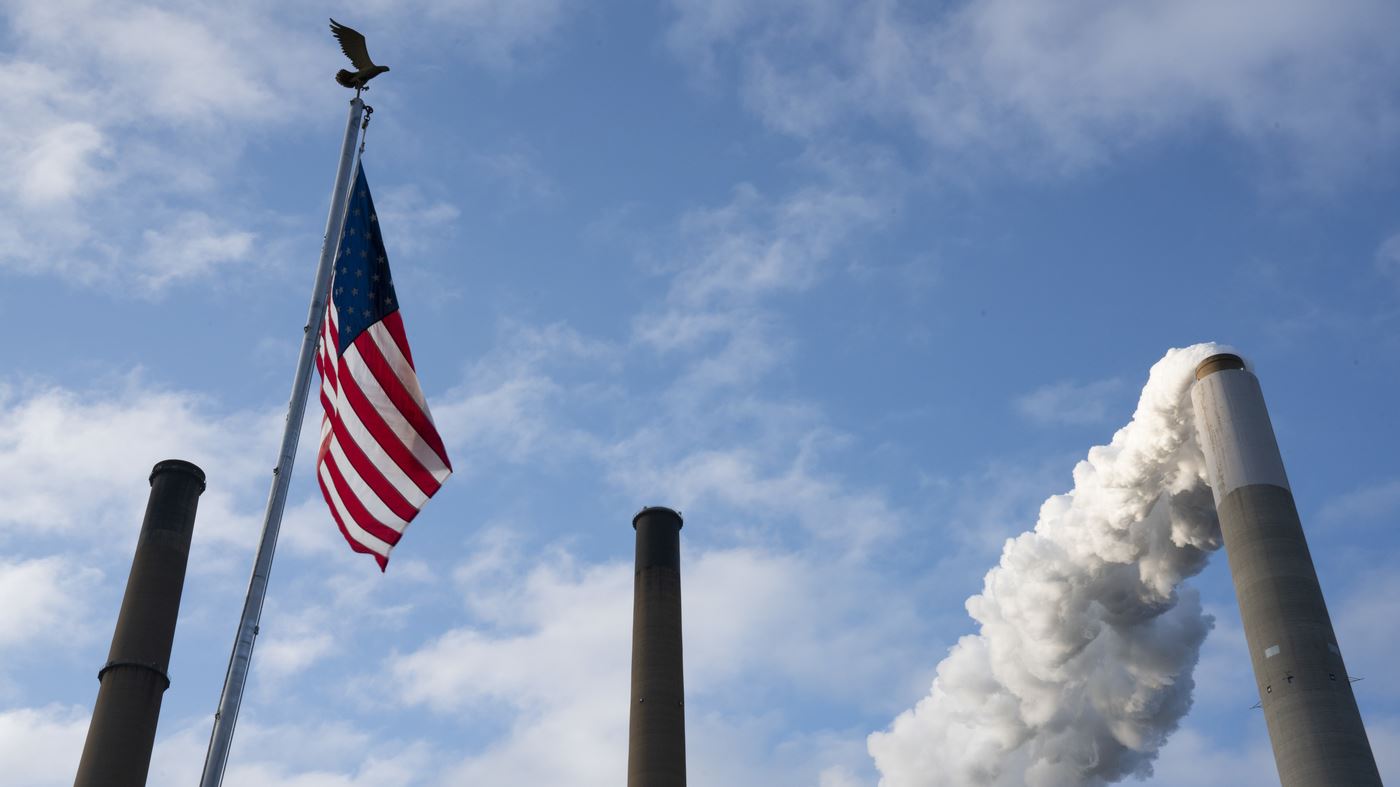
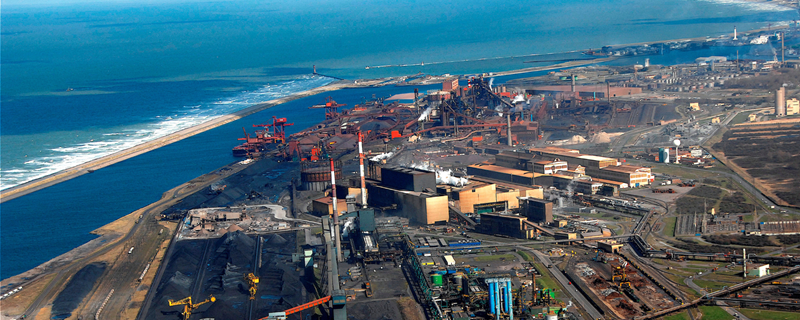
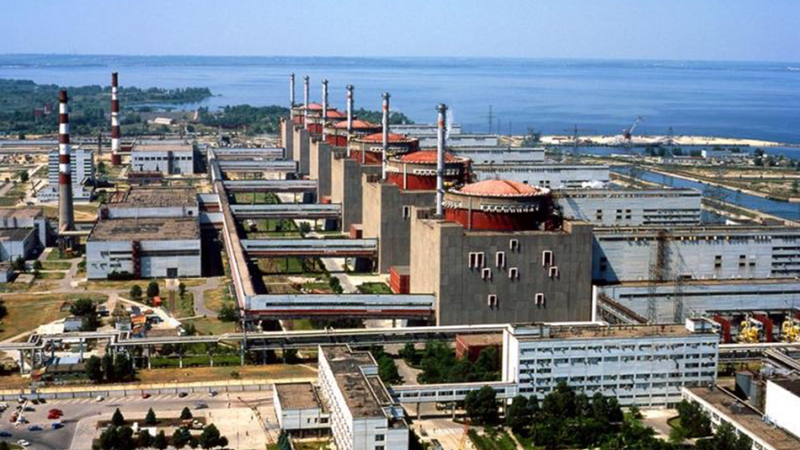

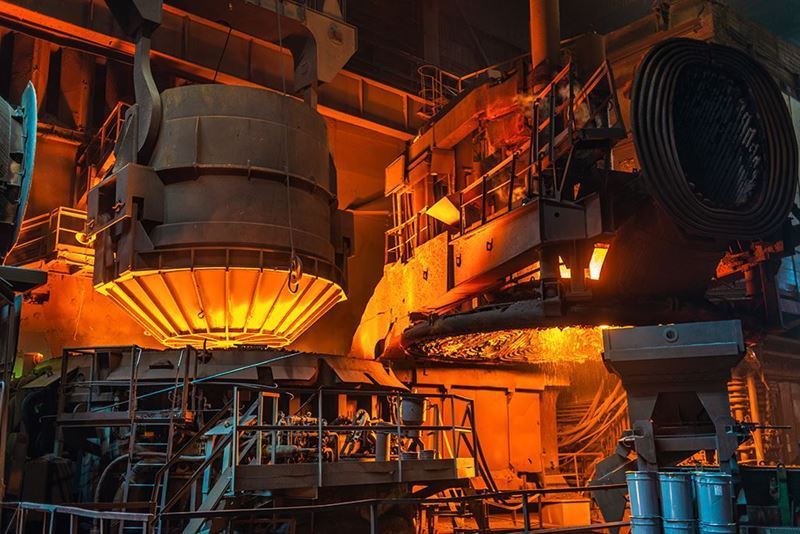
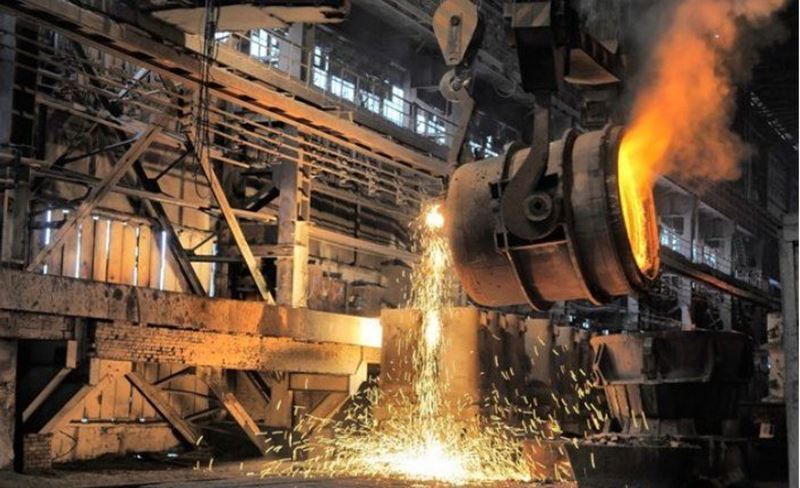


Comments
No comment yet.